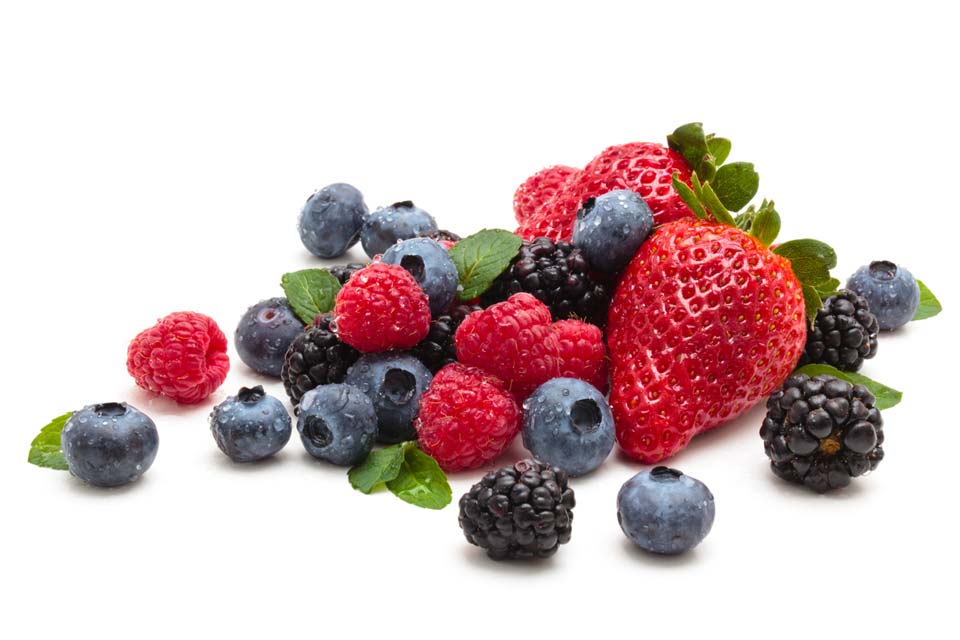Antioxidants for Hair Health

Researchers continue to discover compounds in plants and herbs that have potent antioxidant (and other) properties which are beneficial to our health. Some may be familiar to you as spices (such as garlic and turmeric). In general, spices and herbs have some of the highest levels of antioxidants. Many of these botanicals have been used as herbal remedies by traditional medicines (such as Ayurveda and Traditional Chinese Medicine) for thousands of years—including for hair loss.(61, 62)
Which Herbs, Vitamins, and Other Antioxidant Supplements Can Help Healthy Hair Growth?
Some herbs and supplements with high antioxidant content that may help thinning hair include:
- Carotenoids (e.g., astaxanthin, beta-carotene, cryptoxanthin, DHIR, lutein, and zeaxanthin)(63)
- Coenzyme Q10 (ubiquinone)(38)
- Curcumin(64, 66)
- Garlic (herb or supplemental form)(68)
- Genistein(67)
- Ginkgo(50)
- Grape seed extract(37)
- Lemon balm (dried leaves)(61)
- Lycopene(63)
- Melatonin(10)
- Pomegranate (extract or fruit)(64)
- Quercetin(67)
- Resveratrol(64, 65)
- Rosemary (herb or extract)(66)
- Rutin(67)
- Sangre de grado(61)
- Siberian ginseng(10)
- Silymarin(67)
- St. John’s wort(61)
- Sulforaphane(64, 69)
- Turmeric(70)
- Vitamin C(47)
- Vitamin E(10, 47)
- Wild marjoram(61)
In addition, essential trace elements (copper, zinc, and manganese). These minerals also help natural antioxidants work properly. Not only are copper and zinc required for the body’s own natural antioxidant defense system, deficiencies in either one can cause hair loss.(32, 47)
